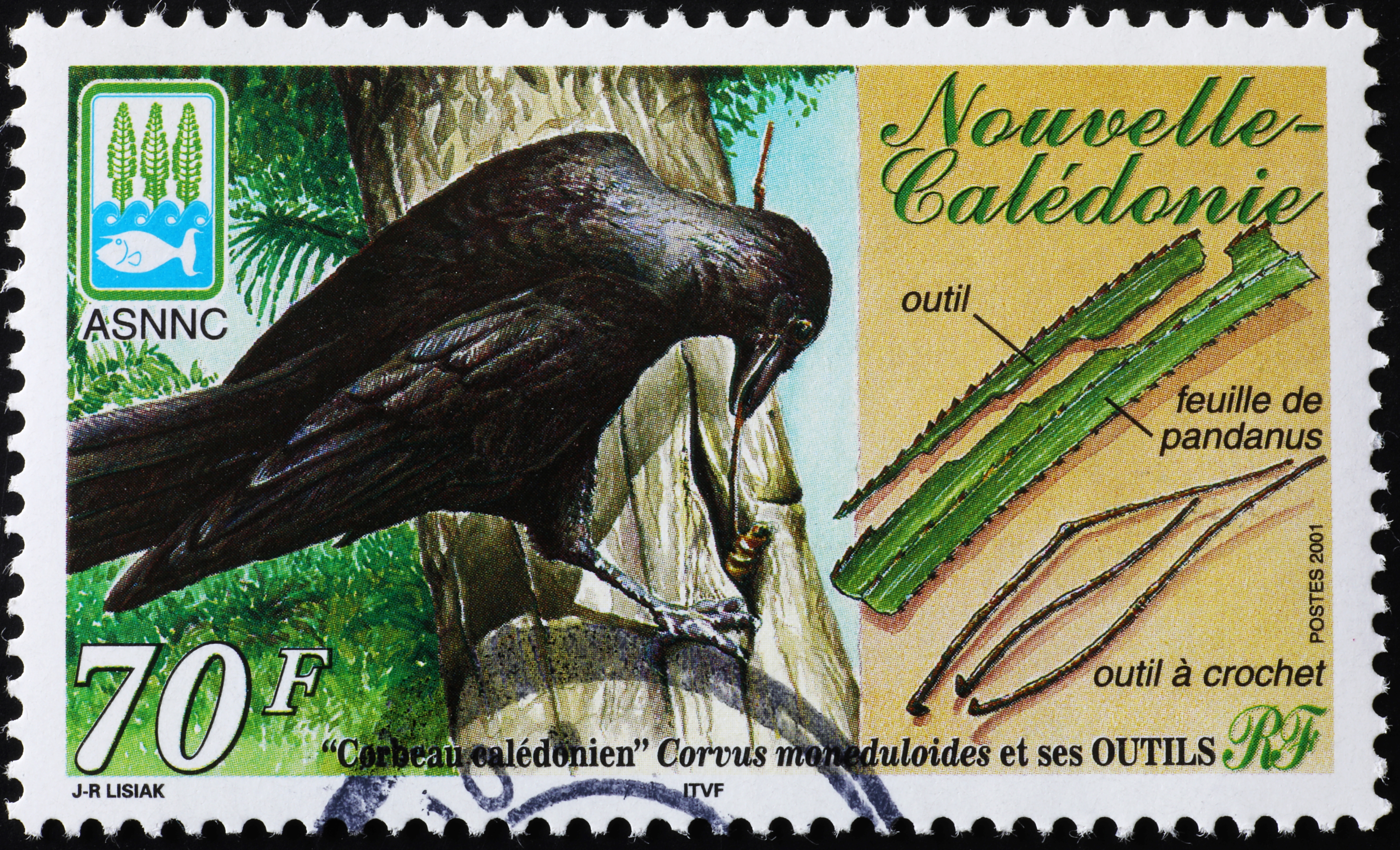Animal intelligence researchers are just starting to discover the capabilities of many species. Perhaps more than any other birds, corvids – including ravens, crows, jays, and Northern Hemisphere magpies – have proven astoundingly smart, and challenged ideas about the biological basis for intelligence.
If you doubt that crows are smart, take a look at some of the stories we have run on them in the past. Consider, for example, the capacity of New Caledonian crows to understand and use displacement to raise water levels and memorize techniques they’ve seen others use.
Possibly the most stunning example of all, however, involves this video. Not only could the feathered Einstein identify the right tool for a job, but it apparently planned out a multi-step process involving using successive instruments to access others that took it closer to its goal (other New Caledonian crows did the same thing, albeit with more practice). In a move human teachers have to instill in boy scouts, New Caledonian crows also try to be prepared by keeping tools with them in case they’re needed.
It’s amazing to think it’s only 63 years since Jane Goodall’s sighting of a chimpanzee stripping leaves from twigs overturned the idea that only humans made tools.

New Caledonian crows’ mastery of tools has even been immortalized on a postage stamp.
Image credit: spatuletail/Shutterstock.com
There is some debate about how evenly spread intelligence is among corvids. All the examples above involve the master tool-users New Caledonian crows (Corvus moneduloides). However, some animal intelligence experts argue other corvids are just as intelligent. Certainly, the observation that some crows on the other side of the world can make statistical inferences proves the family has plenty of intelligence to go around.
Some studies suggest crows may possess a sort of consciousness, being aware of their own minds.
Intelligence can be useful for escaping predators or showing off to potential mates, but it is thought crows mostly evolved it to get access to food. Insect larvae are the most nutritious part of the New Caledonian crows’ diet, and they’ll go to great lengths to get at them. Since the larvae bury themselves deep in wood the crows must find innovative ways to get at them, which includes picking the right tool and shaping it further to meet their needs.
With more than 30 crow species, diets are quite varied, but many also favor foods that are hard to get to, making intelligence an advantage.
Some researchers of animal cognition reject the idea that certain animals are more intelligent than others. According to this view, every species evolves the type of intelligence needed for their ecological niche. Humans, in our biased fashion, laud types of thinking that resemble our own as representing higher intelligence. So far, this view remains a minority one, perhaps because most of us have had encounters with animals doing things that seem so staggeringly dumb it’s hard to believe it’s ever not a liability.
Assuming we accept there is indeed a hierarchy of intelligence, it’s easy to assume big brains are a major indicator. But pure brain size is not enough, or sperm whales would automatically be the smartest creatures out there. Instead, scientists use the “encephalization quotient” calculation that allows for body size, and for mammals this seems to work quite well. It’s less successful when comparing classes of animals, and a few years ago we learned why that may be.
Crows, one study has shown, use a part of the brain called the pallium, which consists of layers of gray and white matter, to do their most sophisticated thinking. In humans, part of the pallium has developed into the cerebral cortex, which performs the things we consider marks of intelligence such as planning and abstract thought.
Consequently, it’s not surprising a bird’s pallium is its center of higher thought, but it’s still so small compared to that of humans or dolphins, it strikes us as inadequate to the task. However, avian neurons are smaller and more tightly packed than those of mammals. They also use less energy. Crows’ 1.5 billion neurons are similar to the numbers for monkeys, leveling the playing field, even if you don’t accept the argument that connectivity is more important than the number of neurons.
Source Link: Why Are Crows So Smart?